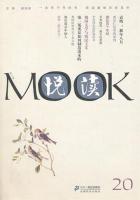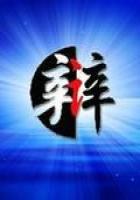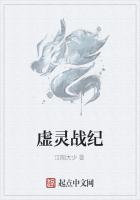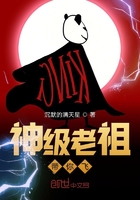◎ Huainanzi by Liu An
Once there was an old man, called Sai Weng, who lived near the border.
One day, one of Sai Weng’s horses ran out of the border, and his neighbors all came to console him. Sai Weng, however, was not anxious at all, saying, “This is really no big deal. How do we know that losing a horse isn’t actually a blessing?”
A few days later, the horse that ran out of the border suddenly came back, followed by a good horse from Hun ethnic tribe. This time, his neighbors all came to congratulate him. However, Sai Weng was still as cool as a cucumber, “Thank you for your kindness. But the problem is: how do we not know that this isn’t necessarily a bad thing?”
Sai Weng raised many good horses, and his son liked riding horses very much. One day, his son fell from the back of a horse, and broke his legs while riding it. His neighbors again came to console him. Sai Weng, however, said, “Thank you for your kindness. My son broke his legs, but why isn’t it a blessing?”
One year later, the young people were all recruited to resist the furious invasion of the Huns. In the end, most of the young people died in the war, and only one out of ten survived. Sai Weng’s son was not ordered to join the army because of his broken legs, and thus saved his own life and that of his father.
A fortune may change into a disaster, and a disaster may also change into a fortune. The principle behind this is very profound.














